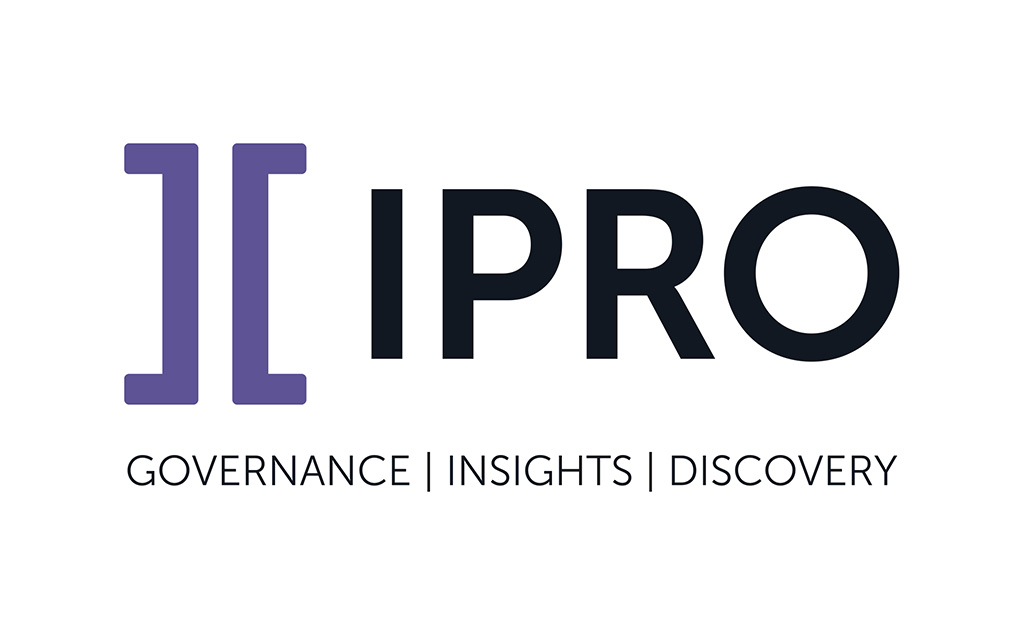
Frederic Bouget, VP of Products at IPRO
Legal Service Providers are facing more pressure than ever before. Over the past decade-and-a-half, a $3B industry was built on the premise that during litigation, a large amount of data needed to be collected and reviewed.
This task was so demanding that it needed to be outsourced to specialists. Most in-house legal departments didn’t have the technical skillset to perform these functions. And neither did they fully trust their internal IT to handle it properly. That’s the kind of considerations the EDRM was built on.
But things are changing rapidly and many Legal Service Providers (LSPs) – also known as eDiscovery service vendors – are struggling with their business model.
What Is Changing on the Legal Market?
At the heart of it all is a general trend for the internal legal departments of corporations and public organizations to take control of litigation timelines and costs.
There is a growing understanding that if there’s a repetitive business for external eDiscovery firms – ergo, mounting costs – it may be well advised to start in-sourcing. It’s a way to better control the eDiscovery effort and spend while obtaining results earlier in the process.
Let’s explore 3 factors compounding this trend.
- More and More Data Is Stored in the Cloud: Over the last five years, organizations have moved most of their collaboration tools including email, chat, videoconferencing, and file servers to cloud systems. This enables greater productivity at a lower cost. With cloud systems, it’s no longer required to engage with forensic experts to collect data from physical computers: data can be pulled directly.
- eDiscovery Technology Trailblazers Put Pressure on LSPs: Some eDiscovery vendors – like Relativity – have understood these changes early and have adapted their business models to offer cloud solutions. They prioritize deploying and delivering features to the cloud and are forcing LSPs to adopt their cloud products. It’s a smart move from Relativity, but it puts tremendous pressure on LSPs’ margins. They are used to getting revenue from data storage fees, not only from reselling software.
- The COVID-19 Pandemic Accelerates Cloud Adoption: COVID-19 is changing the way we operate. Organizations had to shift to remote working very quickly. They had to recreate meeting rooms and collaboration environments using new tools—if they hadn’t done so already. Employees generate and collaborate on documents in environments that may not be supported by appropriate eDiscovery tools.
LSPs Can Embrace These Changes to Better Help Their Clients
Most of the time, big changes create opportunities for those who choose to take them.
The first thing LSPs could do is providing professional services for collecting data in these new locations, and then offering to review ESI for relevancy. It works, but they could do even better.
Rather, LSPs might consider aligning with the market to be part of the new trends. They can create appealing new offerings that allow legal teams to develop their own capabilities by equipping them with tools to connect to their data directly.
Legal departments are generally not tech-savvy, and neither are their legal firms. An LSP can become the enabler that provides businesses the tools they need to reduce eDiscovery costs. How does eDiscovery start in an organization’s legal department? The first thing they want to know is: “What happened?” “Can we defend ourselves?” Early investigations into the data—also known as Early Data Assessments—allow organizations to make timely decisions on what courses of action to minimize exposure.
LSPs should provide tools enabling inside counsel or their lawyers to perform direct investigations into data. It would allow them to look for relevant ESI and on a cyclical basis return to get more as needed. They would only need to collect what’s relevant.
Yes, most inside counsel today can access the data through numerous platforms, but that is exactly the problem—nowhere can they search and aggregate results through a single pane of glass. An LSP can provide them with the ability to perform legal holds, collect data, and push it to a processing and review pipeline, thereby automating the entire process from start to finish. This way, LSPs empower their clients to bring small matters to a quick conclusion.
The eDiscovery Service Vendor acquires the technical know-how to operate the tools, and trains and supports their clients in how to do the same.
So How Sticky Are You with Your Clients as a Legal Service Provider?
How can you get your clients to stick with you in the long run? Pricing is an important consideration. Contrary to the prevalent pay-per-use model, clients need a predictable way to assess costs with a flat fee cloud model. And they need the freedom to search, perform legal hold and collect to their heart’s content, without pricing barriers getting in the way. The more matters can move through the eDiscovery process, the more the product gets sticky and your value shines.
Soon enough, law firms and legal departments will need help on larger cases. They will have developed the reflex to send business to the same LSP rather than farming it out to different vendors. In this way, a cloud-based business can thrive for an LSP. There will always be phones and laptops to be collected, no need to worry about that. But that should never be the sole business that you rely on.
With the cloud enablement model, LSPs can create a good recurring revenue base. It guarantees a significant flow of business going forward, built on strong relationships.
Now is the time to embrace change. You can handle the changes that are already underway, meeting new and old demands in style, and coming up with aces in terms of client trust, ensuring the longevity of your business.
Learn more about our solutions for Legal Services Providers.



